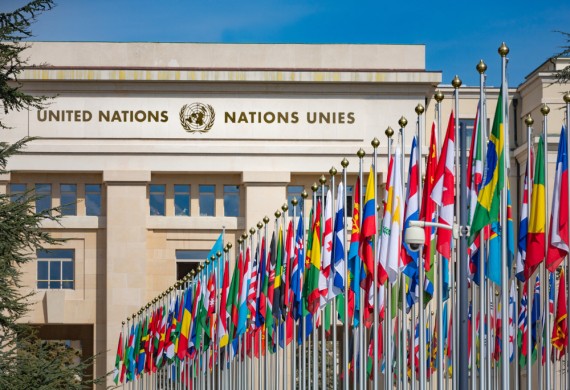
At the UN, India emphasizes women's participation in public life and encourages peace
By: WE Staff | Wednesday, 19 January 2022
At a United Nations Security Council open debate on "Women, Peace and Security," India emphasised the importance of women's engagement in public life and the elimination of violence against them as a prerequisite for building lasting peace around the world.
In response to violence against women in peace and security processes, India's Permanent Representative to the United Nations, Ambassador TS Tirumurti, emphasised India's strong support for women's full, equal, and meaningful participation in political processes and decision-making in order to promote an inclusive society on Tuesday.
"India has today moved from a paradigm of women's development to women-led development," says Tirumurti.
"In 2007, India created history by deploying the first-ever all-female Formed Police Unit (FPU) for UN Peacekeeping in Liberia. This unit served in Liberia for a decade and through their work served as an example of how the deployment of more women uniformed personnel could help the UN in its efforts to combat sexual exploitation and abuse," added India's Permanent Representative to the United Nations.
At the grassroots level, India has around 1.3 million elected women representatives who have assumed leadership positions in their communities. At the grassroots level, it even has all-women Panchayats, which are village-level elected local bodies. Twenty Indian states have created provisions for women to be represented in legislative bodies at the local level to the tune of 50% of total seats.
The Indian ambassador used the example of women's participation in India's freedom struggle, saying that women were at the forefront in practically every aspect of the effort, paraphrasing eminent Indian philosopher Swami Vivekananda, who said that just as a bird cannot fly with one wing, lasting peace and development cannot be achieved without the other half investing equally.
Tirumurti emphasised the following points in order to strengthen women's participation in the peace and political processes, as well as to eliminate discrimination and violence against women: Member States should identify and address barriers to women's meaningful participation in conflict prevention and resolution, as well as post-conflict peace-building efforts and programmes.
"This requires devising a legislative and judicial framework, providing economic opportunities, undertaking institution and capacity building, ensuring accountability and checking impunity of those perpetrating violence against women," stated Tirumurti.


.jpg)



